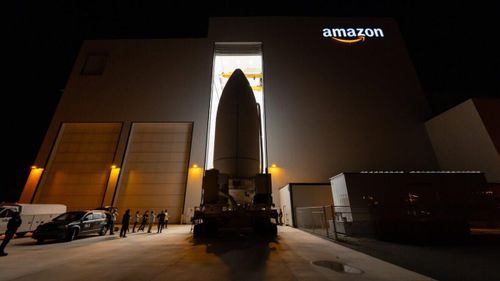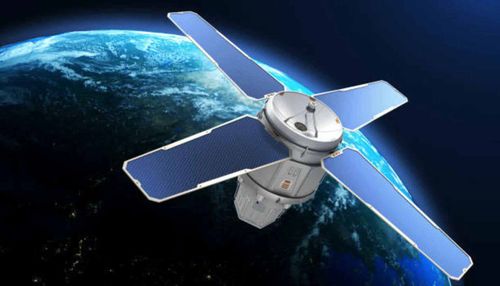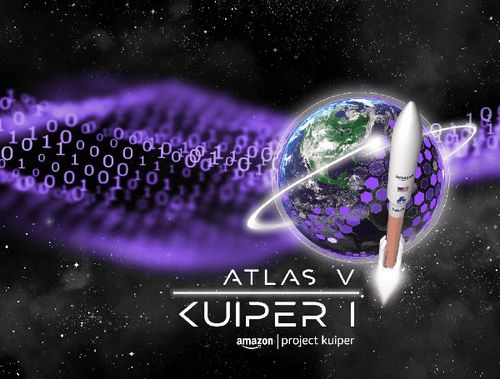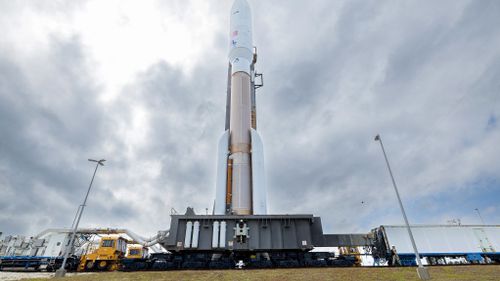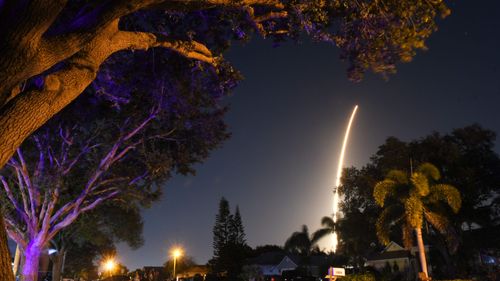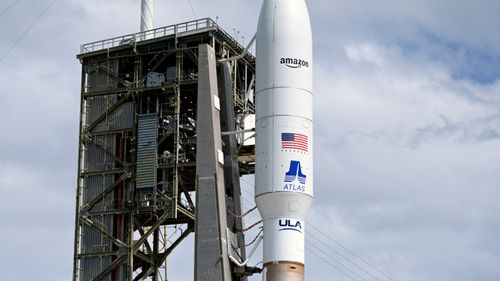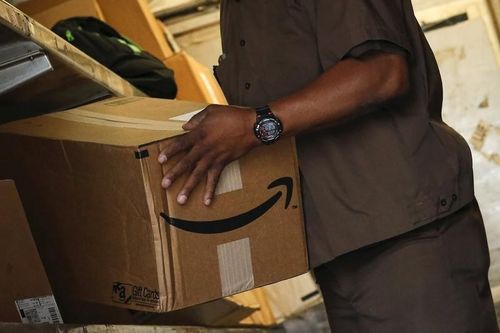Amazon to launch 1st satellites into orbit: What to know about Project Kuiper
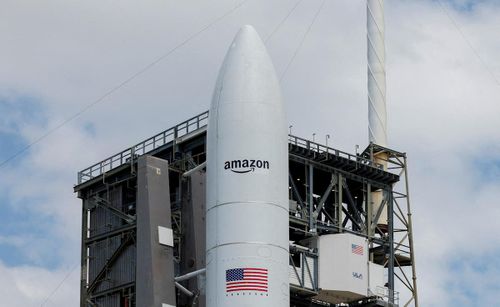
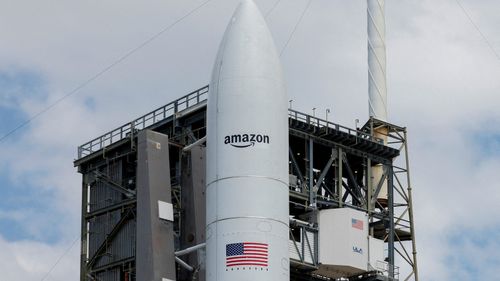
Amazon is preparing to launch its debut batch of satellites into orbit as it seeks to establish its own internet service for customers worldwide. Project Kuiper, a subsidiary of billionaire Jeff Bezos' online commerce behemoth, is meant to one day rival the satellite constellation that SpaceX founder Elon Musk's Starlink has been building in orbit for years. Those $10 billion plans could be put in motion as early as Monday, April 28 with the first of about 80 rocket launches to deploy a total of around 3,200 Amazon's satellites hundreds of miles above Earth. Establishing the internet constellation may require a series of rocket launches to get the satellites into space, but the initiative is seperate from Bezos' Blue Origin spaceflight company.
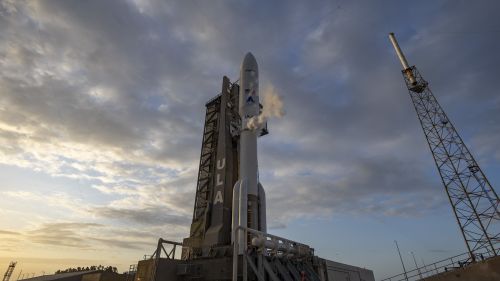
Amazon's first internet satellite fleet has a new launch date at last. After weeks of delays, the first 27 satellites of Amazon's Project Kuiper internet constellation are scheduled to lift off atop an Atlas V rocket on April 28, the rocket's builder United Launch Alliance (ULA) announced over the weekend. Liftoff is set for 7 p.m. EDT (2300 GMT) from Cape Canaveral Space Force Station in Florida. "This launch begins a new chapter in the commercial launch industry as Amazon partners with ULA to deliver the first batch of their advanced satellites to low Earth orbit (LEO)," ULA wrote on Friday afternoon (April 18).
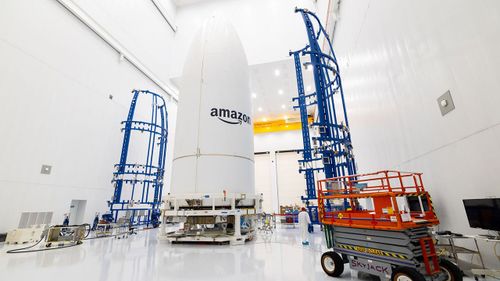
Project Kuiper will provide high-speed, low-latency internet to almost any location on Earth. The satellite system will include more than 3,200 advanced low-Earth orbit satellites, and the company has already planned more than 80 launches, according to a statement. Amazon expects to begin delivering its internet service to customers later this year. "We’ve designed some of the most advanced communications satellites ever built, and every launch is an opportunity to add more capacity and coverage to our network," Rajeev Badyal, vice president of Project Kuiper, wrote in the statement


